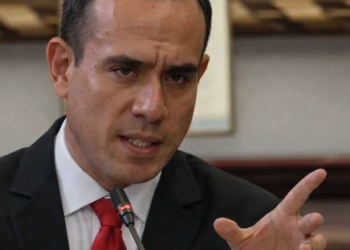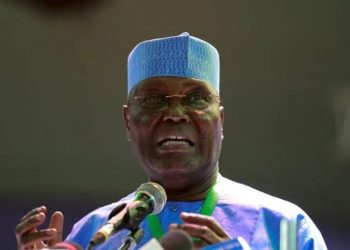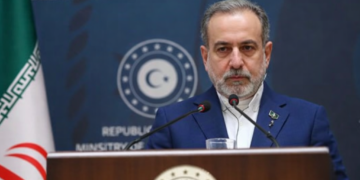Israel and Hamas have agreed to a complex Gaza ceasefire and hostage release deal after mediation by Qatar, Egypt, and the U.S. This deal aims to halt the devastating war in Gaza and promote peace in the Middle East. However, the agreement’s implementation hinges on a lot of other factors including an approval by Israel’s security cabinet.
The deal has been divided into three phases, with the first phase set to commence on January 19, coinciding with President Biden’s last day in office and the eve of Trump’s inauguration.

Phased Implementation of the Agreement
First Phase
The first phase focuses on pausing the war, releasing Israeli hostages, and freeing Palestinian prisoners. Sixteen days after the deal’s implementation, negotiations for the second and third phases will begin. Israel has expressed its commitment to bringing home all hostages and engaging in good faith discussions for the subsequent phases.
Second and Third Phases
President Biden outlined the next stages of the agreement. The second phase will involve the release of remaining hostages and the full withdrawal of Israeli forces from Gaza, transitioning the temporary ceasefire into a permanent one. The third phase will address the return of remains of deceased hostages and initiate a significant reconstruction effort in Gaza.
Trump and Biden’s Roles in Securing the Deal
President Joe Biden, at a White House briefing, called the Israel- Hamas peace negotiations one of the toughest in his administration and expressed satisfaction with the agreement. Former President Donald Trump also took credit for the deal on Truth Social, claiming that his election victory provided the conditions necessary for peace.
Despite differences in their public messaging, both administrations worked together to finalize the agreement, putting aside political rivalries to secure this crucial ceasefire and hostage release deal.

International Reactions to the Ceasefire Deal
The ceasefire has sparked a broad range of international reactions, with many leaders commending the agreement and pledging support for its implementation.
United Nations and Turkey
U.N. Secretary-General António Guterres emphasized the need for removing barriers to humanitarian aid in Gaza, while Turkish Foreign Minister Hakan Fidan called the deal a vital step toward regional stability.
Qatar and Egypt
Qatar’s Prime Minister Sheikh Mohammed bin Abdulrahman Al Thani urged calm until the ceasefire’s implementation, and Egyptian President Abdel Fattah al-Sisi highlighted the urgency of delivering humanitarian aid to Gaza.
European Union and Other Leaders
European Commission President Ursula von der Leyen praised the agreement’s potential to bring stability, while British Prime Minister Keir Starmer and Spanish Prime Minister Pedro Sánchez stressed the importance of a two-state solution. Additional support came from Saudi Arabia, Yemen’s Houthi spokesperson Mohammed Abdul Salam, and Qatari Emir Sheikh Tamim bin Hamad Al Thani.
The Israeli Dilemma
Despite progress, Israel faces internal challenges in approving the ceasefire. Hardliners in Prime Minister Netanyahu’s government strongly oppose the israel and Hamas truce. Finance Minister Bezalel Smotrich has threatened to withdraw from the government unless Israel resumes the war with full force against Hamas. Similarly, Police Minister Itamar Ben-Gvir has also threatened to quit the government if the deal is approved.
The Israeli cabinet has delayed its vote, citing allegations of Hamas reneging on parts of the agreement, though Hamas denies these claims.

Can This Deal Lead to Lasting Peace?
While the ceasefire represents a critical step toward peace, its success in achieving long-term stability is uncertain. Deep-seated issues between Israel and Hamas, compounded by lack of trust and regional political instability, remain significant obstacles.
International leaders, including British Prime Minister Keir Starmer and Spanish Prime Minister Pedro Sánchez, have underscored the importance of a two-state solution as the only viable path to lasting peace.
The Gaza ceasefire is a fragile yet vital opportunity to end violence and suffering. Whether it leads to enduring peace or collapses under political and ideological pressures will depend on the commitment of all parties involved and the sustained support of the international community.

















